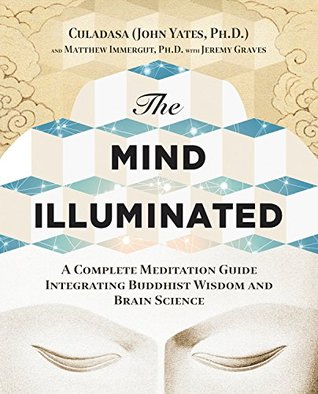The narrating mind is best described as a sub-mind of the discriminating mind. However, the Yogācārins, who first described it, regarded it as a distinct mind within the mind-system as a whole. The Yogācāra description of the mind-system built on the earlier Abhidhamma view of the mind as consisting of nothing but the six types of consciousness, the five external senses plus the “mind sense.” (Incidentally, it is because the Abhidhammists equated the mind with the six consciousnesses, making no clear distinction between the two, that the words viññana (Pali) and vijñāna (Sanskrit) can be
The narrating mind is best described as a sub-mind of the discriminating mind. However, the Yogācārins, who first described it, regarded it as a distinct mind within the mind-system as a whole. The Yogācāra description of the mind-system built on the earlier Abhidhamma view of the mind as consisting of nothing but the six types of consciousness, the five external senses plus the “mind sense.” (Incidentally, it is because the Abhidhammists equated the mind with the six consciousnesses, making no clear distinction between the two, that the words viññana (Pali) and vijñāna (Sanskrit) can be translated as either “consciousness” or “mind.”) To these six, the Yogācārins added a seventh: the unconscious mind, or ālaya-vijñāna. When they recognized the presence of binding consciousness, and its importance within the mind-system as a whole, they designated it as an eighth mind, placing it between the other six consciousnesses and the unconscious mind. The Yogācāra thus describe the mind-system as consisting of eight minds (aṣṭa-vijñāna). The first five correspond to the physical sense consciousnesses (visual, caksur-vijñāna; auditory, śrotra-vijñāna; olfactory, ghrāṇa-vijñāna; gustatory, jihvā-vijñāna; and somatosensory, kāya-vijñāna). The sixth corresponds to the mind-sense, or consciousness of mental objects (mano-vijñāna). Binding moments of consciousness produced by the narrating mind are the seventh (manas-vijñāna). And the eighth mind is the unconscious mind (ālaya-vijñāna) t...
...more
This highlight has been truncated due to consecutive passage length restrictions.


